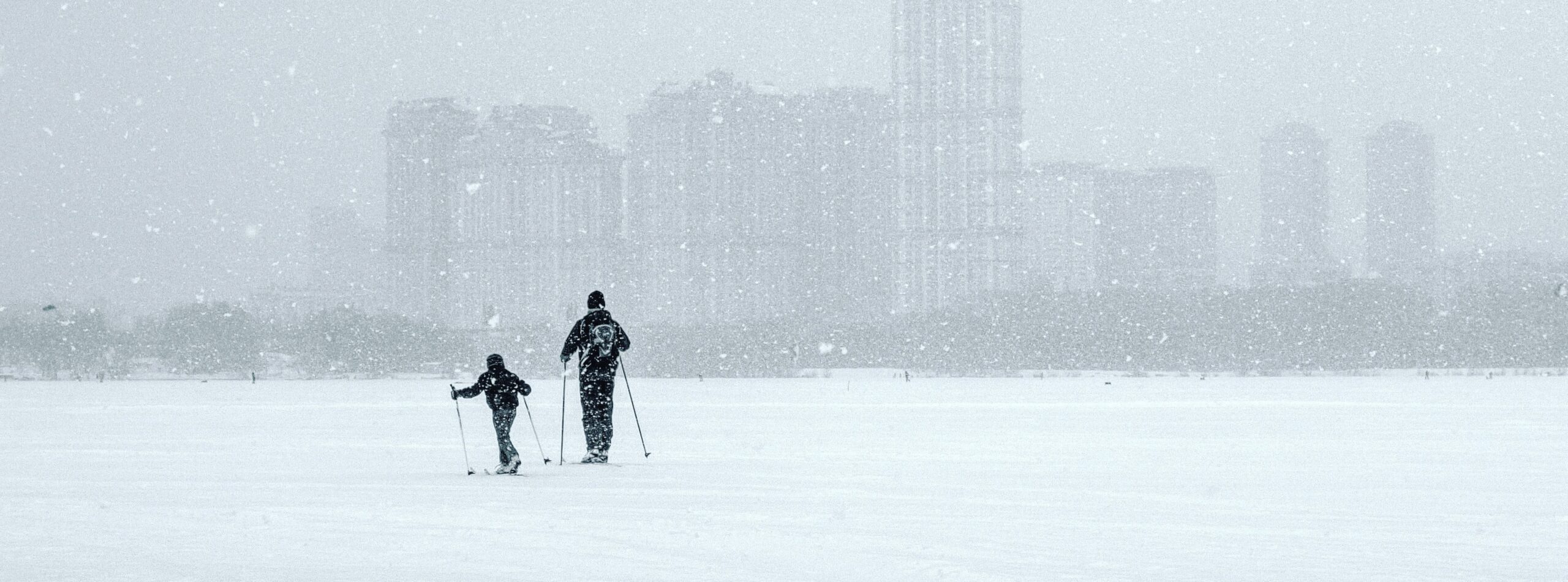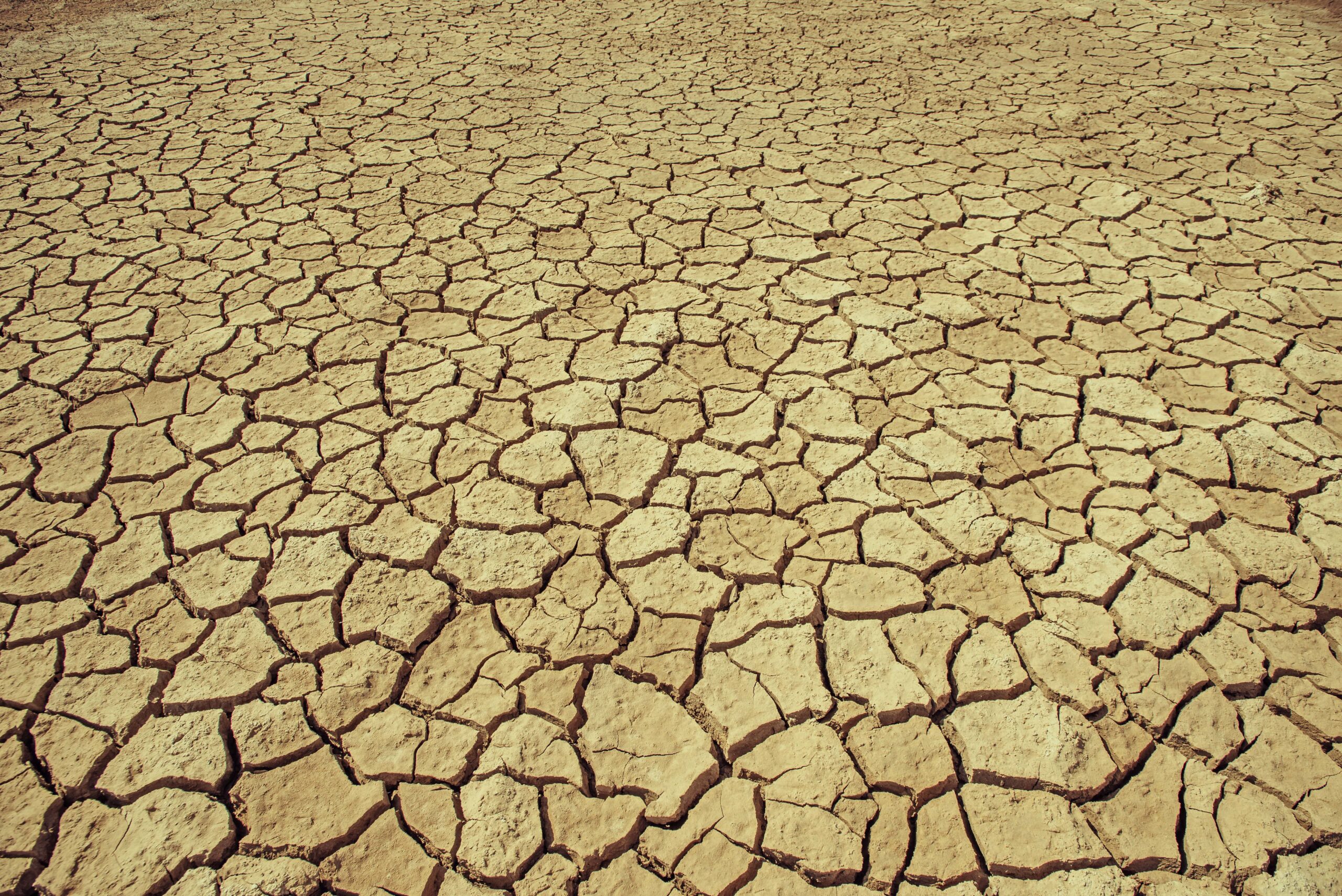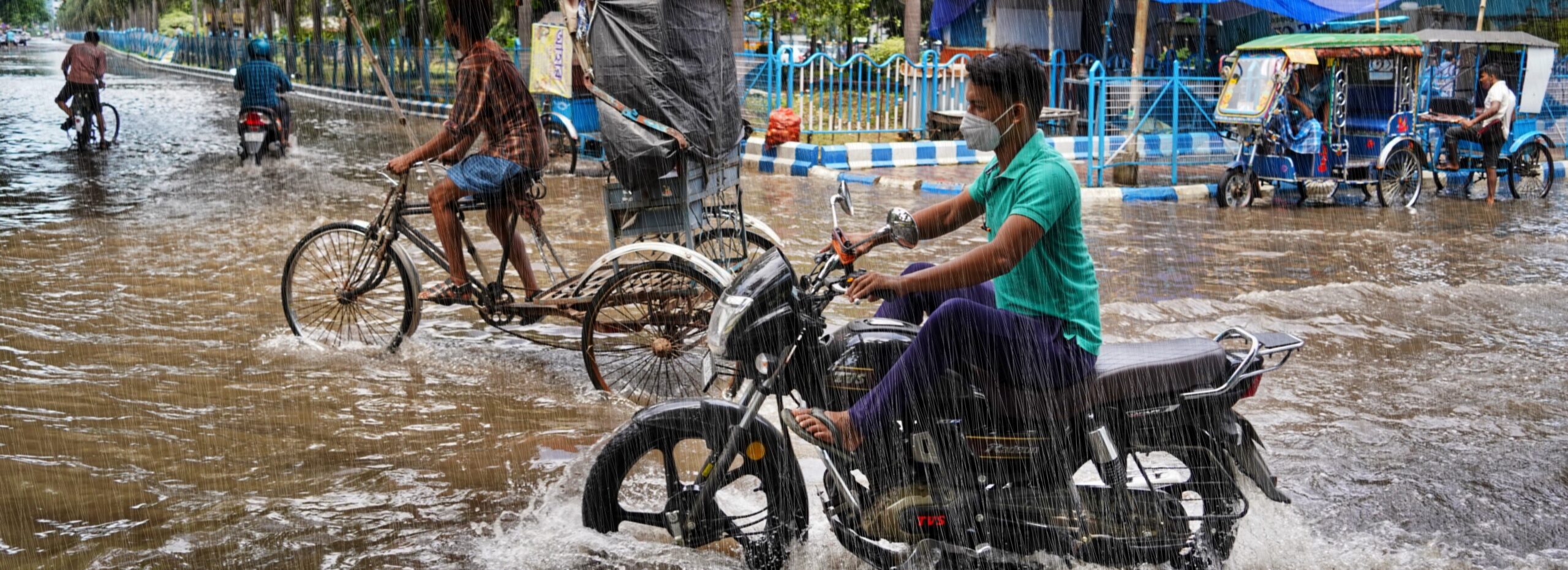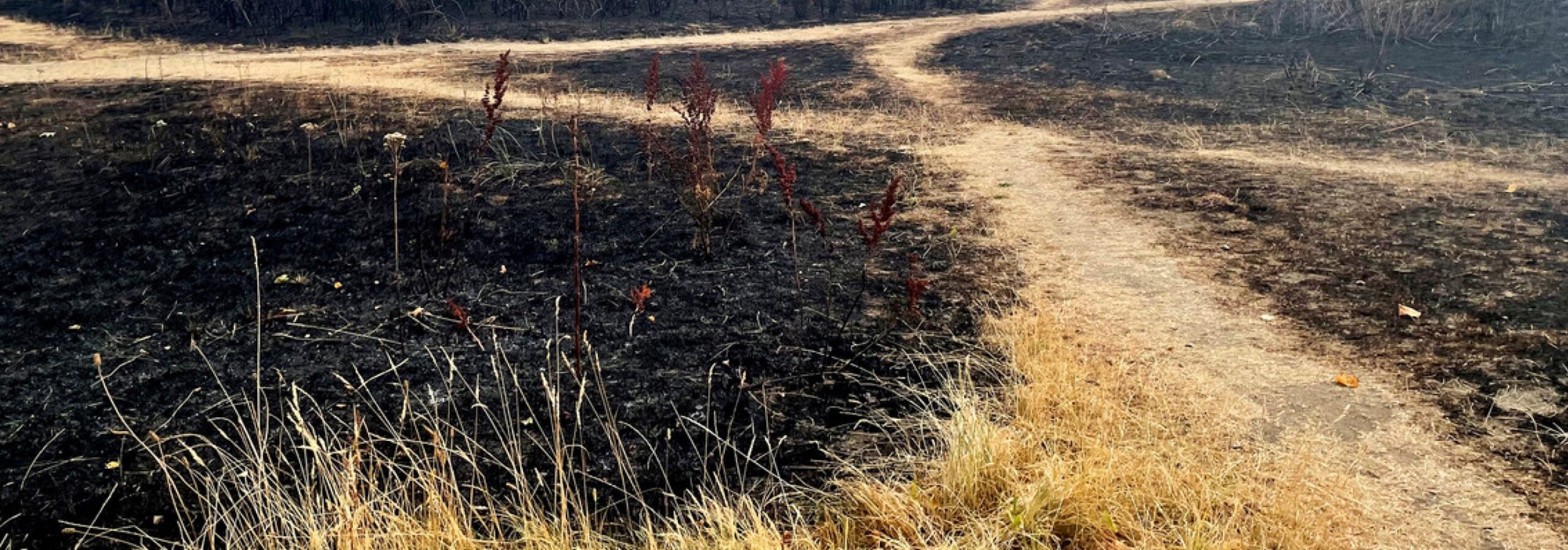The words in our obituary are still true, and the loss is as big. It feels bigger though as we’ve been doing the science Geert Jan developed with us without him. Without his dedication, without his passion, without his knowledge and without his friendship. But we have all the foundations he helped to build and throughout this lonely, long year, we published a lot he still worked on. His last first author article has been published and several – but not yet all – of his many other manuscripts are finalised and published. Eventually, we will finalise them all. The world in October 2022 very much needs his work.
World Weather Attribution exists because we felt very strongly that in the face of increasingly manifesting effects of climate change, the scientific community could not stay silent when extreme events happened and the world asked questions about the role of climate change. On the climate hazard analysis side, “we” was particularly Geert Jan and Fredi, preceded by a range of collaborations in response to questions from the Red Cross Red Crescent where Geert Jan had already been supporting Maarten and others to answer the very practical queries coming from around the world, and especially from highly vulnerable contexts – at a time when most scientist were very reluctant to do so. We felt science could not continue to deliver only general statements on extremes and keep saying that one cannot say anything about a single event. The voice of scientists would need to be based on evidence, and providing and interpreting that evidence is what World Weather Attribution does and why we exist. Getting the science right, was Geert Jan’s maxime and is the essence of what we try to do. He would have been proud of what we have achieved in the year without him but he would also have seen just how much he is missed.
It was a difficult year for the whole world.

The first study we had to publish without Geert Jan was on a devastating drought in Madagascar which has not been made more intense by climate change, but extremely high levels of vulnerability led to a still ongoing food security crisis in the area.
The second study we published without Geert Jan and the first we had to do entirely without his insights was on the same region of the world which was battered by several tropical cyclones, affecting mainly Madagascar, Malawi and Mozambique. Here climate change did play a role, but impacts were particularly high because of the compounding of events and subsequently diminished resilience in a highly vulnerable part of the world.
In the third study we found again a combination of high vulnerability and climate change leading to devastating consequences of flooding in KwaZulu-Natal and the Eastern Cape, including the city of Durban.
A very different event was our fourth study, focussing on the record-breaking prolonged extreme heatwave in India and Pakistan. In this event, climate change did not only play a role, but was a major driver.
The fifth study we did without Geert Jan was again on heavy rainfall but in Brazil, a part of the world we had not done any studies on for many years. The findings showed again a now familiar pattern of climate change exacerbating heavy rains combined with high levels of vulnerability leading to devastating impacts in the region.
The sixth study was again a heatwave, a heatwave in the UK, a country that until recently didn’t think of itself as even at risk of extreme heat. Last week the official death toll of that summer in the UK was published, showing excess mortality during the heatwave we analysed in July, indicating that about 2227 people died from heat-related conditions or incidents. Our analysis showed that this heat would have been extremely unlikely to have happened without human-caused climate change.
The seventh study in the year since Geert Jan passed focused on South Asia again, this time on the extreme monsoon rainfall that devastated Pakistan just months after the record-breaking heat we had assessed in the fourth study listed above. Again we found very clear fingerprints of human-induced climate change when all lines of evidence were taken together, despite the statistical analysis being rather difficult. And again, vulnerable communities suffered exceptionally.
The eighth and last rapid analysis we did in the 12 months since October 12th a year ago was quite different, looking at the droughts, or more precisely the lack of water in the soils, that impacted large parts of the northern hemisphere, particularly focussing on Western Central Europe. Here we found, in contrast to e.g. what we saw in Madagascar, that climate change did indeed play a major role..
These studies represent only a small part of all the extreme events the world has experienced in these last 12 months. If Geert Jan was still alive, we would have been able to do more. But probably not that many more and we think he would have approved of our choices, putting the limited people-power we have on extremes that matter in terms of human impacts, and particularly in parts of the world where research gaps are still very large and our understanding of the impacts of climate change is still patchy. In every study we learned something new and every study had different challenges, challenges we would have overcome better with him. When he just died we were numb and focussed on keeping World Weather Attribution alive. We have achieved that – the Climate Explorer can still be used for the analyses, and our team has grown, partly collectively filling the huge gaps left now that we miss Geert Jan’s talent in immediate zooming in on the right exciting questions in a recent event, quickly understanding data and seeing patterns across timescales, his critical questioning of our various lines of evidence.
While we spent a lot of time and effort on rapid studies, we did not only do rapid studies, but also peer-reviewed analyses, all of which have Geert Jan as an author, or build on his work.
A study that shows the less obvious impacts of human induced climate change that has now been accepted for publication after peer-review is the attribution of frost in the growing period in France in early April 2021. Here two effects apply: because of human-induced climate change, cold nights and frost in March and April become less frequent and less cold. But at the same time, the growing season starts earlier, because days and nights are warmer earlier in the year. This second effect is stronger and thus young leaves are at higher risk of frost during the growing season.
Every heatwave that occurs today would have been less hot and less frequent without climate change. We would not need to do an attribution study to know this, but to know how much more frequent and intense an individual heatwave is, we do need to do a study. And often the answers are not as straightforward as they could be. In his last first author paper, Geert Jan pointed out that the attribution of heatwaves is hard, but also that we could do better. This is a strong request for the scientific community to do more research on heatwaves. Because heat waves are probably climate change’s deadliest manifestation, as we’ve seen in recent months, and was also flagged by IFRC and UN OCHA this week.
Another type of extreme event that is often deadly, are tropical cyclones. The climate change signal is much less clear, at least in some parts of the world. A difficult case was a series of tropical cyclones that led to large-scale flooding in Vietnam in 2020 where we did not find a climate change signal. Of course that does not mean though, that climate change is irrelevant for future tropical cyclones in that part of the world.
This is an example of an attribution study that makes communicating the finding in clear, useful messages challenging. A challenge Geert Jan was passionate about and very good at overcoming. Some of the lessons we learned with him were published as part of the winter 2021/22 collection of extreme event attribution studies published by the Bulletin of the American Meteorological Society. Highlighting again, how important it is to be transparent is in every step of a rapid attribution study.
We also published a review paper tthat summarised what we have learned from a decade of attributing extreme weather events. Geert Jan did not write this paper himself, but without him it would not exist. Sixteen of the references were his papers, and probably all of them inspired by his work. We used this paper to also write a guide for journalists on how to talk about extreme events and the role of climate change even if no attribution study exists yet.
We missed Geert Jan’s guidance a lot this year, and will continue to do so. Seeing though, how far we have come as WWA, and as a global community, in understanding extreme weather events in a changing climate, shows how much his guidance and legacy is everywhere. We are proud to continue with his legacy.





